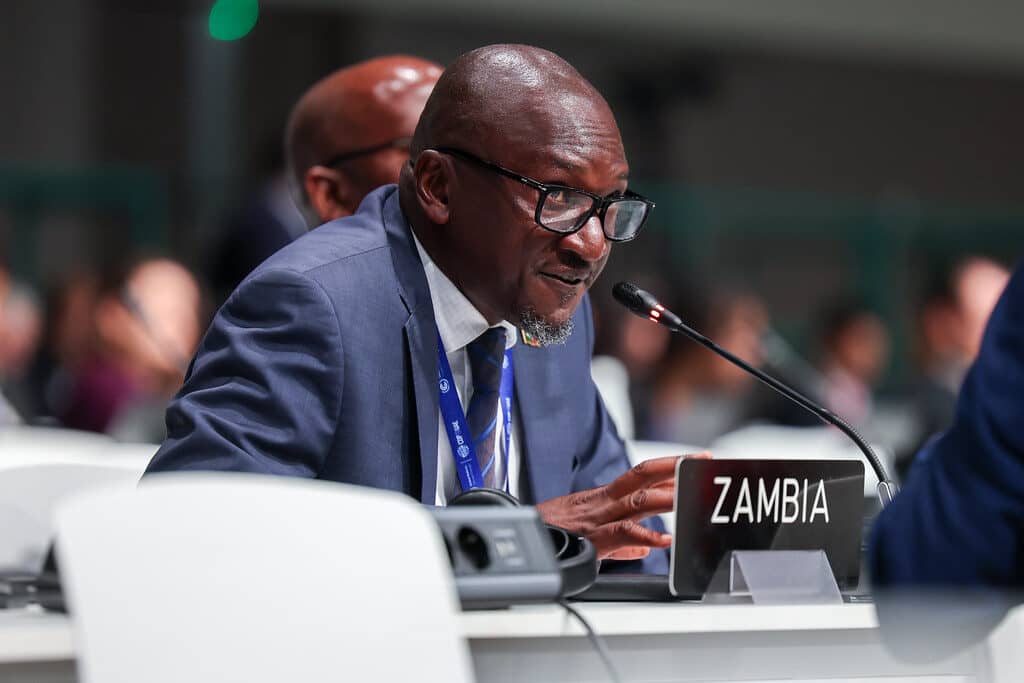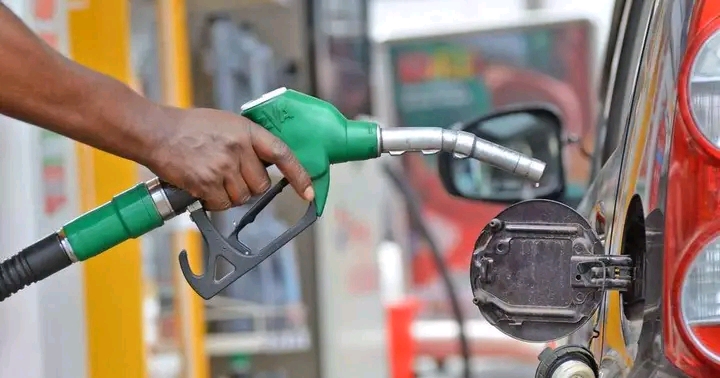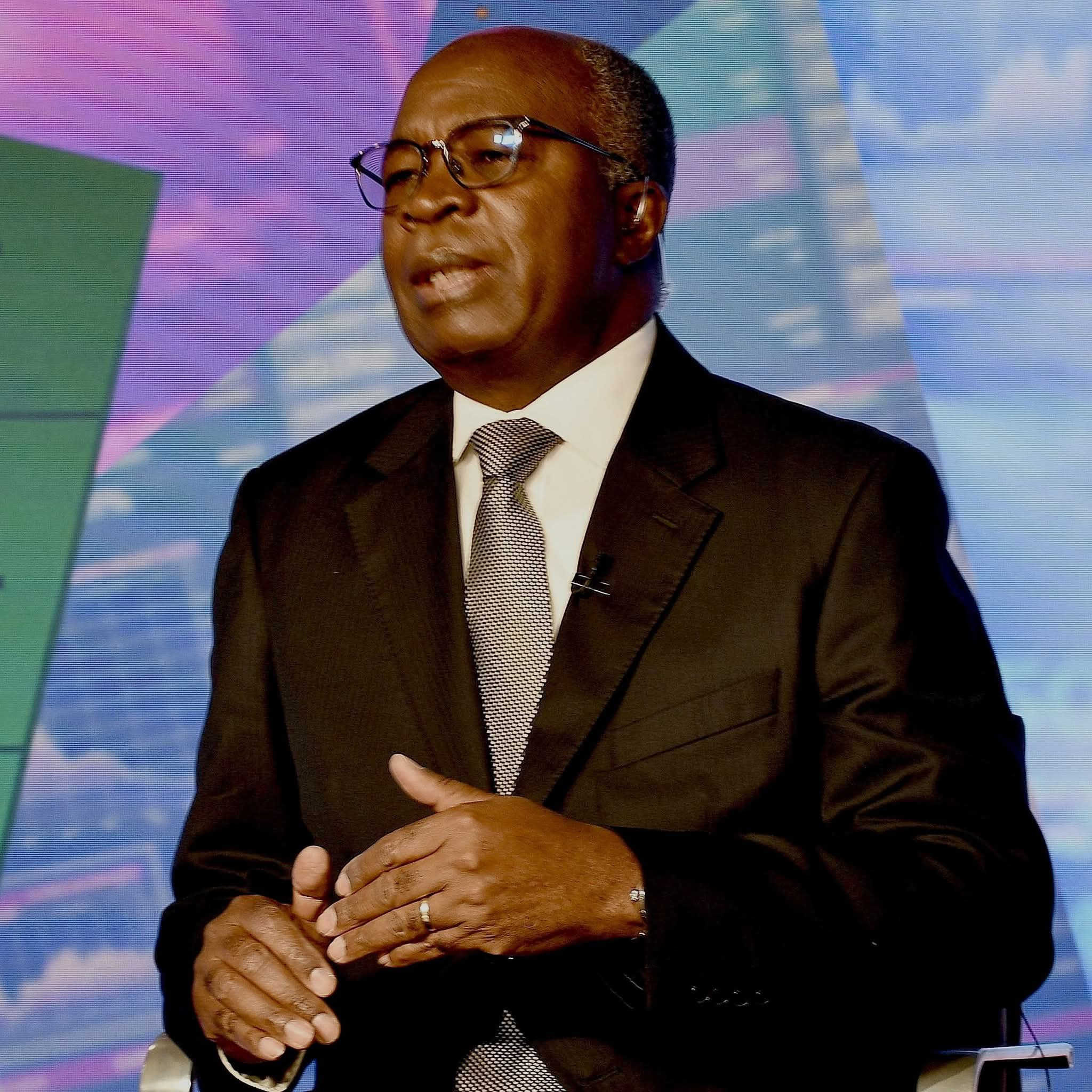By John Chola
As African leaders prepare to converge in Madrid next week for a landmark global summit on water, sanitation, and climate resilience, Zambia stands as a stark illustration of the continent’s water paradox — a country rich in rivers, lakes, and rainfall, yet where millions still lack access to clean drinking water.
The 2025 Sector Ministers’ Meeting (SMM), slated for October 22–23, will bring together ministers of water, sanitation, environment, climate, and finance from more than 60 countries.
The high-level event — co-convened by the Government of Spain, UNICEF, and the Sanitation and Water for All (SWA) partnership — will run under the theme “Breaking Silos: Uniting Political Leadership to Integrate Water, Sanitation and Climate Action.”
For Zambia and many other African nations, the meeting comes at a defining moment.
Despite being blessed with vast freshwater resources from the Zambezi, Kafue, Luangwa and many other river systems, more than six million Zambians still lack access to safe drinking water, and over 10 million lack adequate sanitation, according to national data.
Rapid urbanization, climate shocks, and weak infrastructure continue to deepen the crisis.
Across sub-Saharan Africa, the WHO/UNICEF Joint Monitoring Programme estimates that nearly 400 million people lack safe water while over 700 million remain without safely managed sanitation.
Climate change is compounding the problem — from severe droughts and floods to erratic rainfall that disrupts agriculture and water supply systems.
“This meeting is where global commitments meet local realities,” said Muyatwa Sitali, Acting CEO of SWA.
“Africa’s leadership — including Zambia’s — will be critical in shaping a future where water security and climate resilience are not a privilege, but a right.”
Expected outcomes from the summit include a High-Level Leaders’ Pact on Water Security and Resilience, which will see governments endorse measurable commitments to close water access gaps, and a Mutual Accountability Mechanism to track progress transparently among governments, donors, and civil society.
The discussions will also feed into global policy platforms such as COP30 in Brazil and the UN 2026 Water Conference, ensuring Africa’s voice informs global decisions.
For Zambia, where cholera outbreaks, dry taps in peri-urban areas, and deforestation threaten both public health and livelihoods, the Madrid summit offers more than dialogue — it represents a chance to rally support for investments in climate-smart water systems and sustainable sanitation solutions.
As the world watches, Africa’s leaders — Zambia among them — are being called to turn the tide on a crisis that cuts across health, education, and economic opportunity.
The challenge is not a lack of water, but a lack of access, equity, and resilience.








Leave a Reply